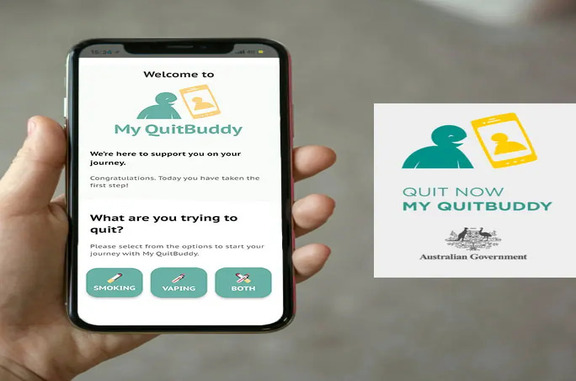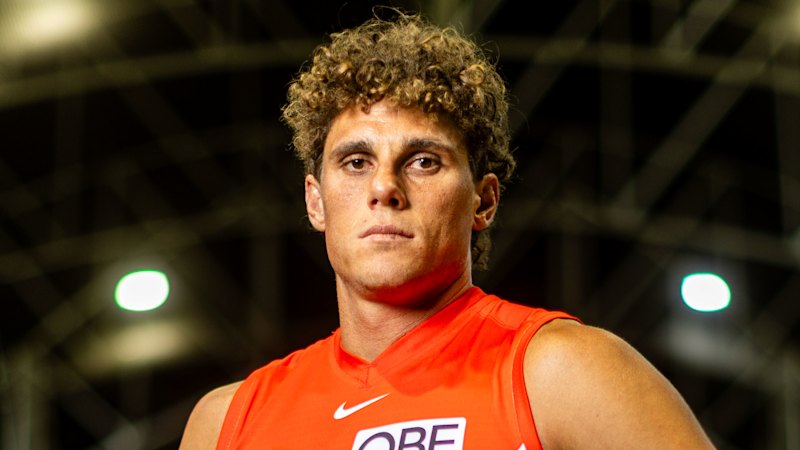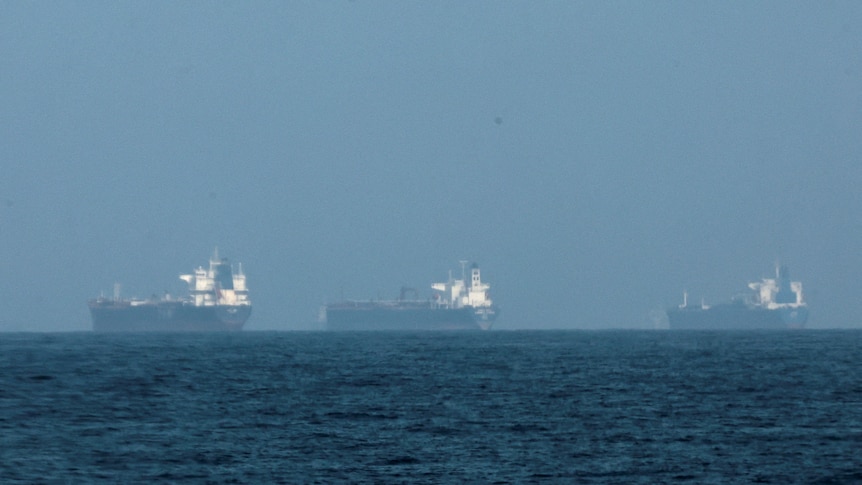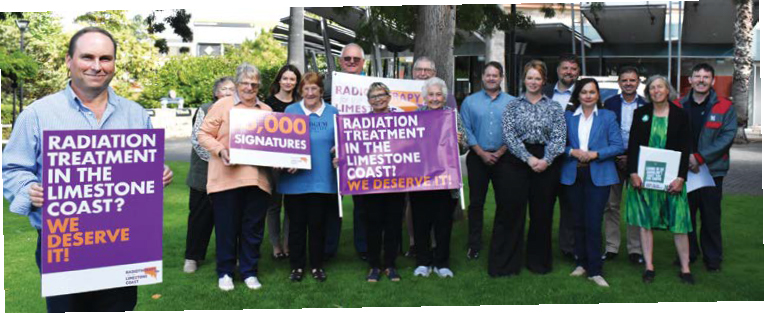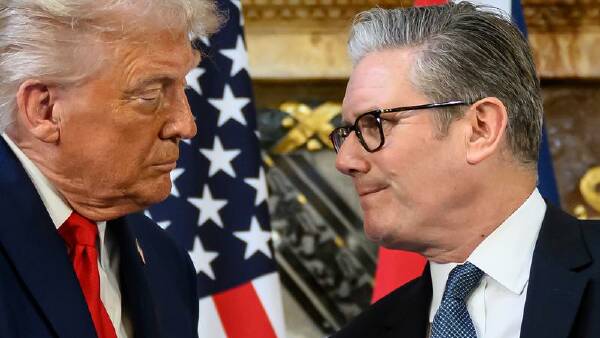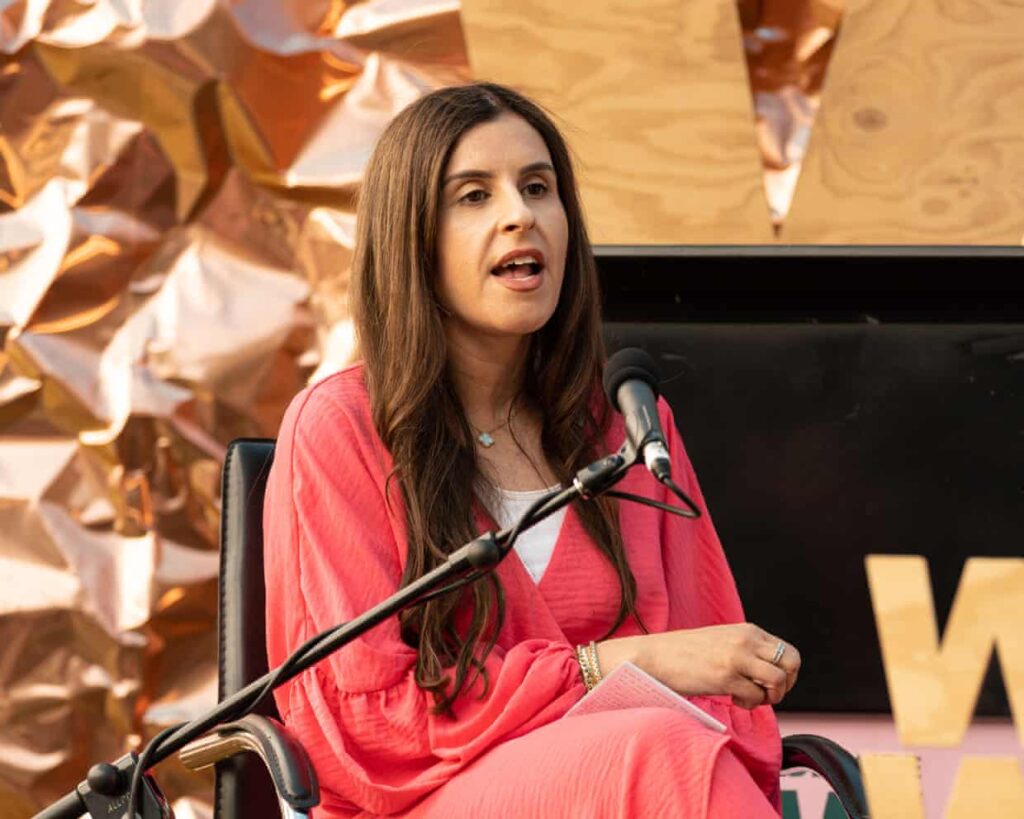
The Bendigo Writers’ Festival (BWF) has encountered significant turmoil just days before its scheduled opening on March 15, 2024. An email sent to over 90 participants introduced a code of conduct that instructed attendees to “avoid language or topics that could be considered inflammatory, divisive, or disrespectful.” This directive has ignited accusations of censorship and prompted a mass withdrawal of authors from the event.
The email also mandated compliance with La Trobe University’s anti-racism initiative, which includes a contentious definition of antisemitism adopted by Universities Australia in February. The reaction was immediate. By Thursday evening, notable figures, including Palestinian Australian author and academic Dr Randa Abdel-Fattah and award-winning First Nations poet Dr Evelyn Araluen, announced their withdrawal, citing concerns over the festival’s approach to free expression.
By Friday afternoon, approximately 30 authors had exited the festival, leading to the cancellation of the opening night address. BWF confirmed to Guardian Australia that a total of 53 participants had withdrawn, resulting in 22 sessions—nearly one-third of the program—being scrapped, including the closing ceremony scheduled for Sunday night.
Impact of the Controversy
The ongoing boycott highlights growing tensions surrounding freedom of expression in artistic spaces, particularly involving pro-Palestinian voices. Other recent incidents, such as the reinstatement of Lebanese Australian artist Khaled Sabsabi as Australia’s representative to the Venice Biennale and the revocation of a government-funded fellowship from First Nations author K A Ren Wyld, illustrate the contentious climate artists currently navigate.
The fallout from the festival’s code of conduct has resulted in substantial reputational damage. BWF’s founding director, Rosemary Sorensen, condemned the situation as an “authoritarian abuse of power,” while Noongar author Claire G Coleman described the guidelines as “condescending and insulting.” Abdel-Fattah shared her resignation on Instagram, stating, “At a time when journalists are being permanently silenced by Israel’s genocidal forces, it is incomprehensible that a writers’ festival should also seek to silence Palestinian voices.”
Dr Samuel Cairnduff, a lecturer in culture and communication at the University of Melbourne, characterized the mass withdrawal as “a vote of no confidence in institutional leadership that has forgotten why it exists.” Abdel-Fattah was scheduled to speak on a La Trobe-sponsored panel discussing her novel, “Discipline,” which critically addresses the silencing of Palestinian narratives in media and academia. She remarked, “How ironic that they would invite me, knowing what my book is about, on a panel called ‘reckonings’…and then attempt to silence me.”
Official Responses and Broader Implications
A spokesperson for BWF stated that the City of Greater Bendigo and La Trobe University had agreed to the code to prioritize safety and well-being for all participants. They maintained that the guidelines were not intended to censor, but to facilitate discussions while ensuring safe participation.
Criticism has also been directed at the timing of the code’s announcement, which was viewed as an unreasonable last-minute alteration. Coleman highlighted that the timing of the email was “unacceptably short” for such significant changes. Cairnduff noted that this approach reflects a troubling trend in late-stage risk management that often exacerbates controversies instead of preventing them.
Louise Adler, director of Adelaide Writers’ Week, remarked that the BWF situation is indicative of the current environment in the arts, where institutions are under pressure to conform to risk-averse policies. She cited various controversies involving artistic expression, including actors wearing keffiyehs in support of Palestinian rights and the coverage of Palestinian flags within artistic displays.
Denis Muller, a senior research fellow at the University of Melbourne’s Centre for Advancing Journalism, criticized the vague nature of the festival’s code of conduct, asserting that it creates an oppressive atmosphere that many writers would avoid. He emphasized the need for cultural organizations to uphold the principles of free expression and resist imposing restrictions that contradict their foundational missions.
The events surrounding the Bendigo Writers’ Festival serve as a crucial case study in the ongoing debate about artistic freedom and the challenges faced by cultural institutions in navigating complex social and political landscapes. As the festival grapples with its current crisis, it highlights the urgent need for a re-examination of how arts organizations communicate with artists and the broader implications of their policies on free expression.
